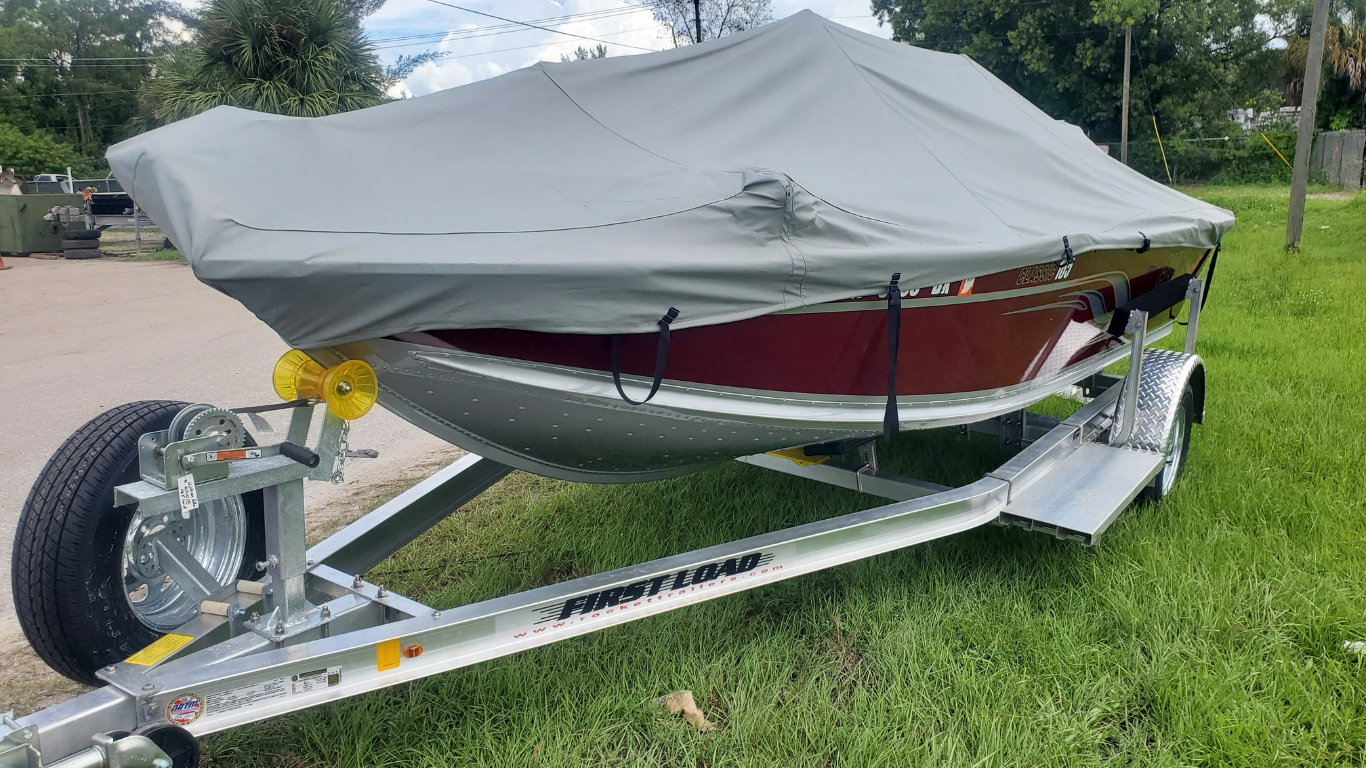6 Things You Should Know About Boat Trailer Ratings
When towing your boat, having a reliable and adequately rated boat trailer is crucial for a safe and smooth journey. Understanding boat trailer ratings is essential for selecting the right trailer that can handle the weight and size of your boat. Let's discuss six necessary things you should know about boat trailer ratings to ensure you make an informed decision when choosing a trailer for your valuable watercraft.
1. Gross Vehicle Weight Rating (GVWR)
The Gross Vehicle Weight Rating (GVWR) is the maximum weight a boat trailer can safely carry, including the weight of the trailer and the boat. It is essential to know the GVWR of your boat trailer to ensure that it can handle the combined weight of your boat, fuel, gear, and any additional accessories. Exceeding the GVWR can lead to unsafe towing conditions and potential damage to your trailer and boat. Therefore, always choose a trailer with a GVWR that matches or exceeds the weight of your boat and its contents.
2. Tongue Weight
Tongue weight refers to the downward force exerted on the hitch ball by the front of the trailer. It is vital to have an appropriate tongue weight to ensure proper weight distribution and stability while towing. The general rule of thumb is to have a tongue weight that falls between 10-15% of the total loaded weight of the trailer. Too little tongue weight can cause the trailer to sway, while too much tongue weight can strain the tow vehicle excessively. Use a tongue weight scale or consult a professional to ensure your trailer's tongue weight is within the recommended range.
3. Axle Capacity and Number of Axles
The axle capacity refers to the maximum weight each axle of the trailer can support. It is crucial to choose a trailer with axles that have sufficient capacity to handle the load of your boat. Additionally, consider the number of axles on the trailer, which affects the weight distribution and overall stability. Trailers with multiple axles generally offer better weight distribution and improved towing stability, especially for larger boats. Ensure that the combined axle capacity is equal to or greater than the total weight of your boat.
4. Braking System
Boat trailers with a higher GVWR often require a braking system to ensure safe and effective stopping power. Check your local regulations, as the requirement for trailer brakes varies by state and the weight of the trailer. Trailers with brakes offer better control and reduce the strain on your tow vehicle's braking system. It is essential to have a compatible braking system that can handle the weight and stopping requirements of your boat and trailer combination.
5. Trailer Frame and Construction
The construction and materials of the trailer frame play a significant role in its overall strength and durability. Look for trailers constructed with high-quality materials, such as steel or aluminum, which provide excellent structural integrity. Consider corrosion resistance and maintenance requirements when choosing the trailer frame material. Additionally, examine the design and construction of the trailer, ensuring it can withstand the stresses of towing and provide sufficient support for your boat.
6. Trailer Tires and Suspension
Your boat trailer's tires and suspension system are critical for ensuring a smooth and safe towing experience. Check the load capacity and rating of the tires to ensure they can handle the weight of your boat and trailer. Consider opting for radial tires, known for their better traction and durability. A quality suspension system also helps absorb road vibrations and provides stability while towing. Trailer suspension options include leaf springs, torsion axles, or air-ride systems. Choose a suspension system that suits your towing needs and provides a comfortable ride for your boat.
Understanding boat trailer ratings is essential for selecting a trailer safely transporting your boat. When deciding, consider factors such as GVWR, tongue weight, axle capacity, braking system, trailer frame, tires, and suspension. Ensuring your boat trailer meets the necessary ratings and requirements lets you enjoy peace of mind knowing that your boat will be towed safely and securely. So, take the time to research and choose a trailer that is adequately rated for your boat, and embark on your boating adventures with confidence.
Check out our Facebook and Instagram to hear about our latest and greatest boat trailers, boating tips, and more!

